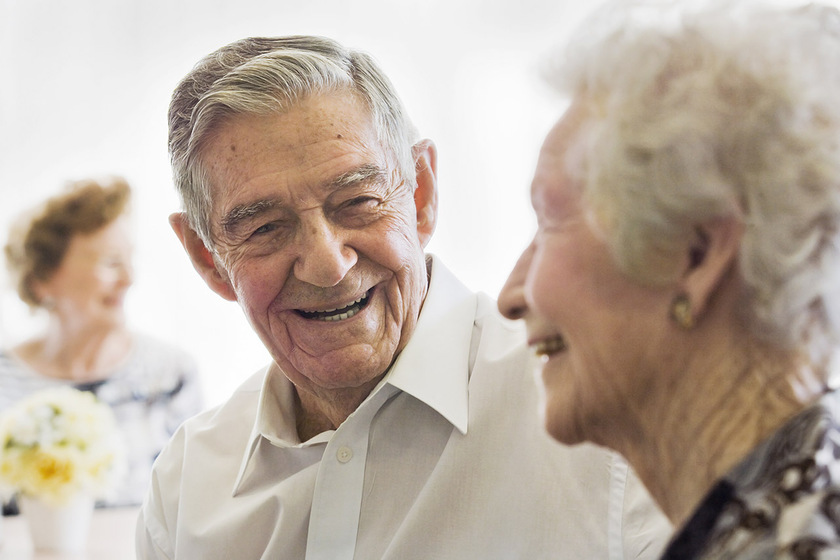As we age, it’s natural for our bones to become more fragile and less dense. But osteoporosis is a disease that causes the bones to become even weaker than they would be on their own. Osteoporosis can make everyday tasks difficult, such as getting out of bed or sitting in a chair. In this blog post, we’ll talk about how personal care for osteoporosis can help improve your loved one’s quality of life—and keep them safe while they’re living with osteoporosis.
What Is Osteoporosis?
Osteoporosis is a disease that makes the bones weak and brittle. It can lead to serious fractures. Osteoporosis is most common in postmenopausal women, but it’s also seen in men and younger women.
If you have osteoporosis, you may not notice any symptoms at first. So your loved one needs to get regular checkups from their doctor or nurse practitioner to ensure they’re on track with care and monitoring their condition.
Causes Of Osteoporosis
- Vitamin D deficiency: The most common cause, according to the National Institutes of Health.
- Calcium deficiency: Inadequate intake and absorption of calcium can increase the risk of osteoporosis.
- Inactivity: Weight-bearing exercises like walking, jogging, and dancing strengthen bones. Resistance training helps keep muscles strong, so they support bone health.
- Smoking: Nicotine interferes with calcium absorption by impairing the movement of calcium from the small intestine into your bloodstream, where is can be used by your body’s cells for various functions, such as making new bone tissue at sites where the old bone has been broken down (called resorption).
- Smoking: Smoking is one of the most well-known risk factors for developing osteoporosis. It damages bone cells, making them less able to maintain bone strength as you age. This makes it more likely that you’ll have a fracture or break a bone if you fall or have an accident when you’re older than 65 (the average age at which people start losing their independence).
- Family history could mean there’s something genetic going on with your family members’ bones as well as yours—which means it’s more likely for you too! If two or more immediate relatives had osteoporosis before they turned 50, this increases your chances of getting it too by 50%. Two out of every three cases are caused by genetic factors, so ask your doctor about screening tests if this applies to your case.
Personal Care Can Help Your Loved One With Osteoporosis
In addition to the treatment and medications your loved one may be taking, there are a number of things you can do at home to help them maintain their independence. These include:
- Personal care and cleaning services: Your loved one will appreciate having someone else take on some of the tasks associated with keeping their home clean and tidy, especially if they cannot do it themselves. This can include laundry services (or just doing the laundry for them), vacuuming, dusting, mopping floors, and doing dishes.
- Meal preparation: You can prepare meals ahead of time, so your loved one doesn’t have to worry about cooking when they get home from work or a doctor’s appointment. You should also keep food items on hand so they can eat right away if they come home hungry after an activity outside their home (e.g., shopping or taking out the trash).
- Transportation assistance: If your loved one’s osteoporosis has caused mobility issues—such as difficulty walking upstairs—you’ll need to help him/her get around safely until he/she regains strength in his/her legs again through exercise therapy sessions at physical therapy clinics near where he/she lives; these specialized clinics offer exercise programs specifically designed for people who have osteoporosis-related leg pain due to reduced bone mass density levels caused by osteoporosis.
Conclusion
Although osteoporosis can be challenging to diagnose and treat, there are ways to manage the disease. Personal care is one of the most important ways to help your loved one with osteoporosis. The best thing you can do is keep monitoring their health and well-being. If you notice any changes or symptoms, contact a doctor right away.







